The new service of AeroRooms, as well as more comfortable and spacious airport lounges with their increased capacity, will contribute to meeting the strategic objective of Prague Airport in the non-aviation business, i.e. the continuously growing share of our non-aviation trade revenues in the total revenues of Prague Airport.
From September, 27 till October, 20 The New Russian Film Festival will be held in the Czech Republic and represent the best examples of Russian cinema.
The program includes more than 30 new Russian films in different genres, as well as meetings with people making Russian cinema diverse and interesting.
In Prague, The New Russian Film Festival will start on the 27th of September and last until the 6th of October, 2019. Citizens of Brno, Ostrava, Zlín, and Pilsen will be able to see the movies from the 10 to the 20 of October 2019.
Official Festival website
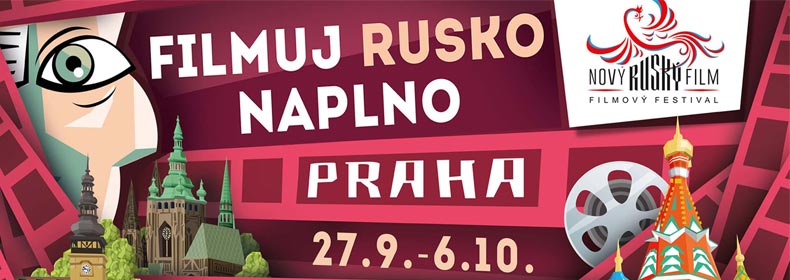
The opening film and special guests
The guests of the Festival will have an opportunity to walk the red carpet with movie stars, make the most spectacular selfies, attend the premiere of the announced film and enjoy the banquet dishes from famous chefs at the opening ceremony of the Festival at Cinema City – Slovanský dům in Prague.
The opening ceremony will be visited by the head of Mosfilm, film director and actor Karen Shakhnazarov, director Pavel Lungin, actor and director Alexander Galibin, actors Natalia Vdovina and Anton Momot. The soviet basketball player Ivan Edeshko, known in history for the “golden pass”, thanks to which the soviet team scored a winning point in the final of the Munich Olympics in 1972 will also take part at the ceremony.
II Festival New Russian Film will be opened with the psychological drama Two, filmed in the Sayan Taiga. The movie was awarded by Kinotavr in 2018 but has not been presented to the public yet. From meeting to infidelity, from love to betrayal, from despair to the hope for salvation – the characters are going to have to do this the hard way, but the final will be unexpected, even for themselves, perhaps. The lead actor, Anton Momot, will present the film to the audience.
The opening ceremony will be finished with a gala night after-party, where famous ethnic singer from Yakutia Olena Wutai will perform. It will be her first show in Prague.
Read more here
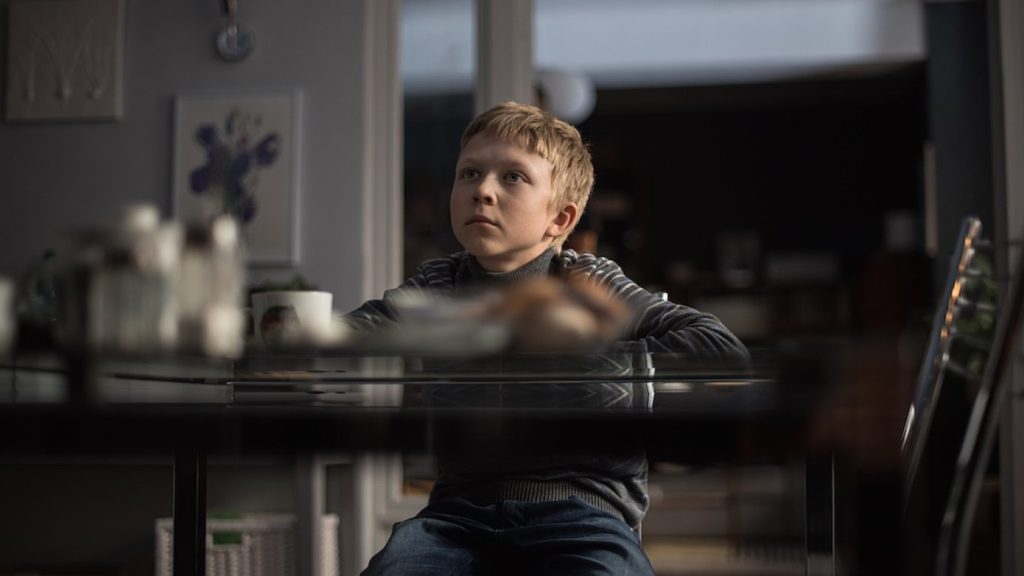
Siberian Shaman Lady
Wutai in Yakut means “mystery created by water”. Singer from Yakutia Olena Wutai reveals the mysteries of the Arctic’s harmony of sounds for over 20 years.
On the 28 of September, 2019 at the Dlabačov cinema will be her first live concert of ethnic music in Czech Republic.
The artist creates music filled with the breath of the wild nature of the Far North. Masterfully performing in several manners of throat singing and playing the traditional Yakut khomus (Jew’s harp), Olena imitates the voices of birds and animals, various sounds of nature, combining them with archaic and modern electronic music.
Olena is the winner of numerous competitions and festivals of live ethnic music, headliner of a series of global art projects. She released two music albums and performs at events all over the world – from Kazakhstan to Venezuela, from France to China.
Read more here
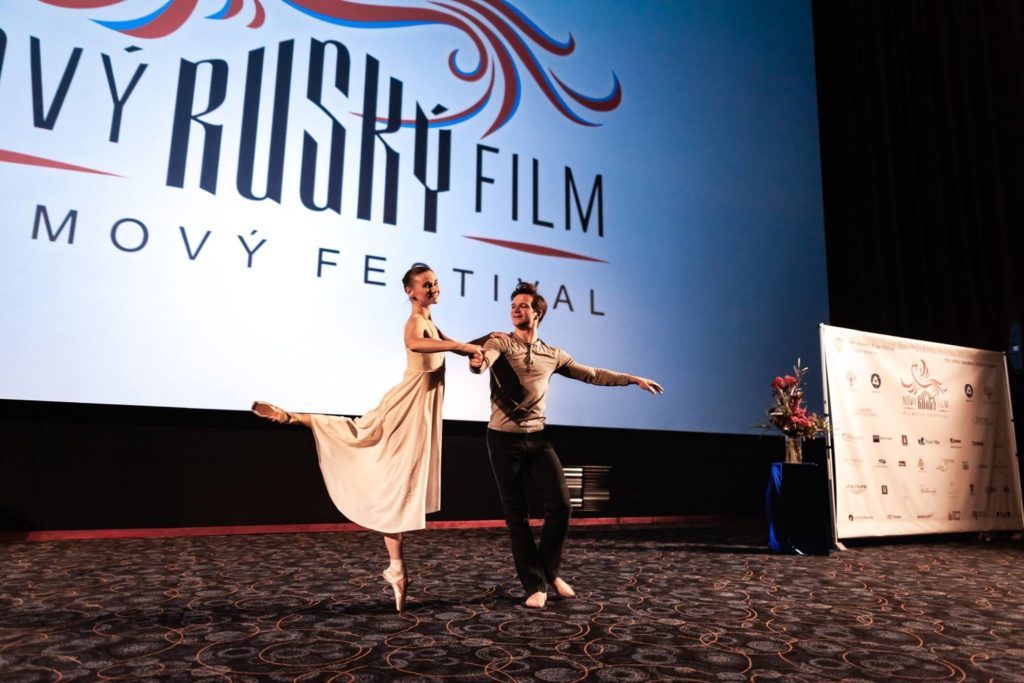
From the Far North with love!
Within specific section of the Festival entitled Journey to Russia will be a meeting with the world-famous traveler, the owner of many international titles, conqueror of snow, oceans and mountain peaks, writer and artist Fyodor Konyukhov and his colleague, traveler, ethnographer and film director, member of the Russian Geographical Society Leonid Kruglov.
Fyodor Konyukhov did his first expedition at the age of 15. On a rowing boat he crossed the sea of Azov. He is the first traveler who reached the 5 poles of the planet – the geographic South and North poles, the Pole of inaccessibility (in the Arctic ocean), the pole of altitude (Everest) and the Pole of yachtsmen (Cape horn).
In his lecture within the Festival Fedor will speak over the records he is going to break and journeys he plans to make. The lecture will be held on the 2 of October, at 17.00 in the cinema Dlabačov, Prague.
Read more here
After their successful macaroons, the Ollies confectionery has introduced another sweet speciality from France – éclairs. Éclairs are a traditional French dessert distinguished by its specific shape, fluffiness, delicious and delicate filling, but also complicated preparation.
They are made of fried dough with a traditional French crust and a combination of three flavours. In the Czech Republic, nobody has exclusively been specialized in the production of éclairs and the confectionery company expects to sell eight thousand pieces a month with their introduction to the market.
Éclairs are made from fried dough and filled with fine cream and fresh fillings of various tastes, they are also decorated and have a crust of craquelin. It is mixed with butter, sugar and flour. At first sight, Ollies éclairs offer an exceptional combination of all the tastes of this luxurious and complex dessert.
They have launched a mixture of three flavours. Éclairs with hazelnut paste and high-quality chocolate, mascarpone cream and caramelized nuts, with 100% pistachio paste and homemade raspberry puree, or fresh raspberries and Japanese Yuzu lemon puree.
“Éclair means a flash of light, and this is the closest thing to the taste of this dessert because it is something extraordinary and surprising,” explains confectioner and baker Tereza Gondková.
Delicate éclairs are created for immediate experience. “You can have it wrapped in a gift and pleasantly surprise someone. Just as they have been doing in France for centuries”, says Gondková, who, together with her brother Jakub, owns the family business.

After four branches and two production sites in Moravia, siblings opened another one in Prague’s Vinohrady. “After almost two months of reconstruction, we opened the Ollies Confectionery in Balbínova Street. The renovated space is illuminated by the yellow colour that characterizes our premises”, adds her brother Jakub, who takes care of its actual operation in the family business.
Ollies was founded in 1999 by their parents. At that time was a confectionery with one branch and a turnover of three million crowns was taken over by siblings ten years later. Under their leadership over the next ten years, the company achieved a turnover of almost eighty-six million crowns and currently provides work for five and eighty people.
The company purchases the vast majority of raw ingredients in the Czech Republic and imports some raw ingredients such as chocolate from abroad, specifically from Belgium or raspberries from Serbia.
In Ollies, for example, they use ten tons of 58% chocolate, 17 tons of raspberries, three tons of blueberries, six tons of butter and twelve tons of cream a year.
On average, the company with a twenty-year tradition produces four thousand cakes, ten thousand macaroons, a ton of ice cream and eight thousand pieces of pastry. This year they plan to sell their customers eight thousand pieces of French éclairs.
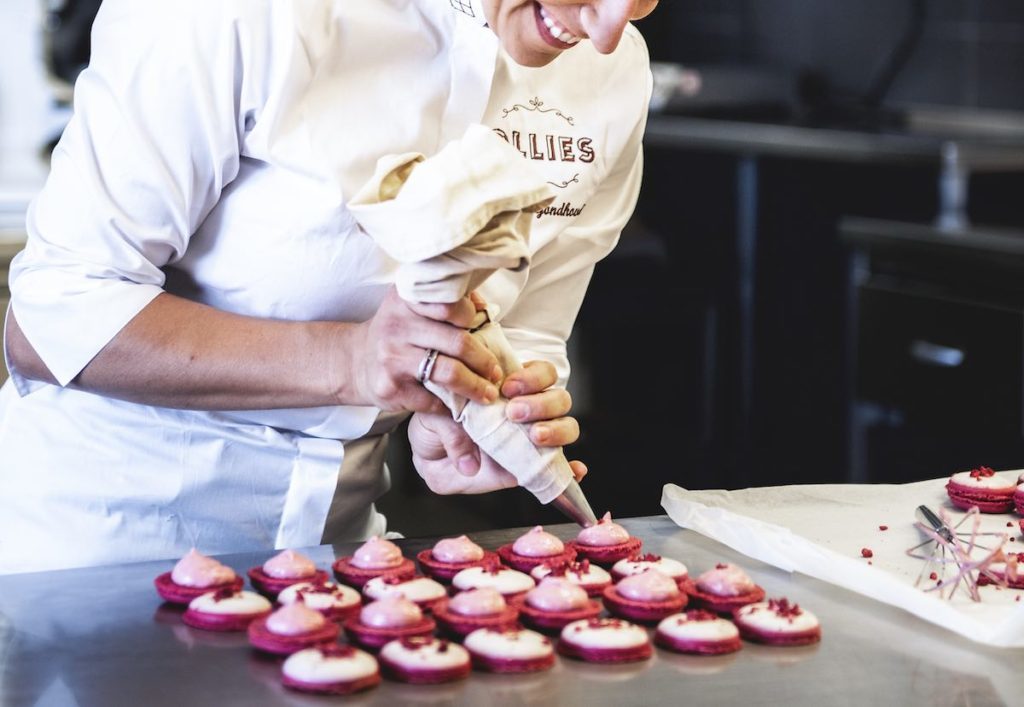
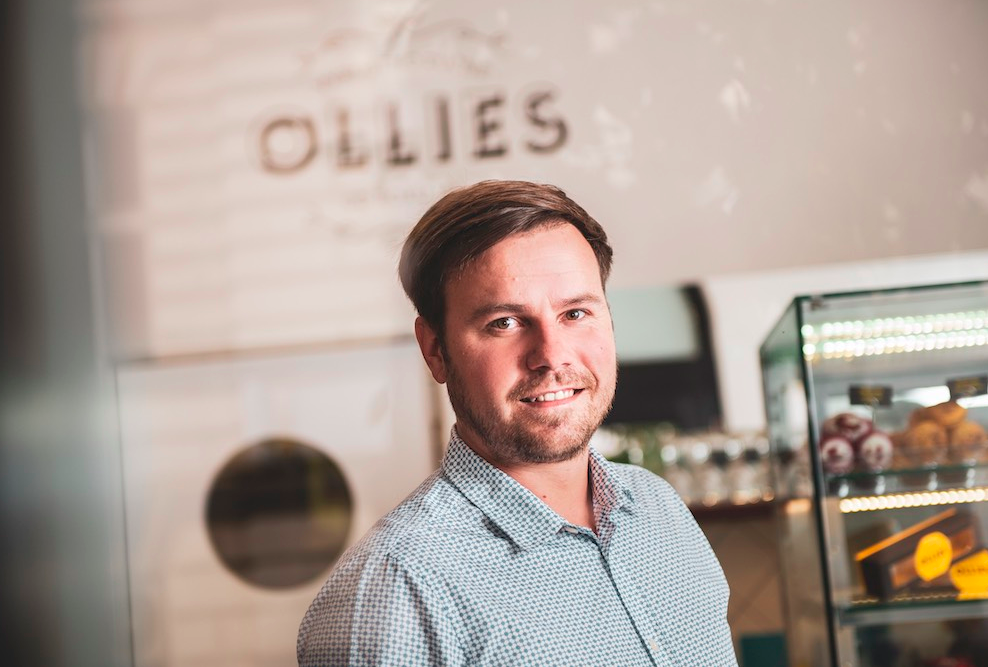
A Czech citizen chained himself to the monument of Soviet Marshal Ivan Konev in Prague in protest against the municipal authorities’ decision to move it to a different location.
“The controversy surrounding the monument to Konev, caused by the Prague District 6 municipal authorities’ decision, affects me personally,” the civil activist told reporters. “My grandfather fought in World War II, that’s why this matter is definitely of my concern.”
The man, who arrived to the capital from the north of the country, said his views were “neither pro-Russian nor pro-American.”
The Communist Party of Bohemia and Moravia, whose support in parliament is important for the country’s government, urged the Cabinet on Monday to hinder plans to relocate the monument.
The municipal council of the Prague-6 municipal district on Thursday voted to relocate the monument to Konev and to create a Prague Liberation Memorial instead. The municipality is still to select a site where the monument to Marshal Konev will be moved.
The Russian Foreign Ministry on Friday expressed indignation over the decision to relocate the monument and warned that such a step would not remain without retaliation.
“The decision made at the municipal level is capable of becoming a major irritant in bilateral relations and overshadow their climate and it will certainly not remain without retaliation. We expect that the initiators of the unprecedented step will change their mind and realize all the consequences of this outrage,” the ministry said.
The monument was placed in Prague in 1980 on the occasion of the 35th anniversary of the city’s liberation by the Red Army’s forces under Marshal Konev’s command. The monument is a property of the municipal authorities.
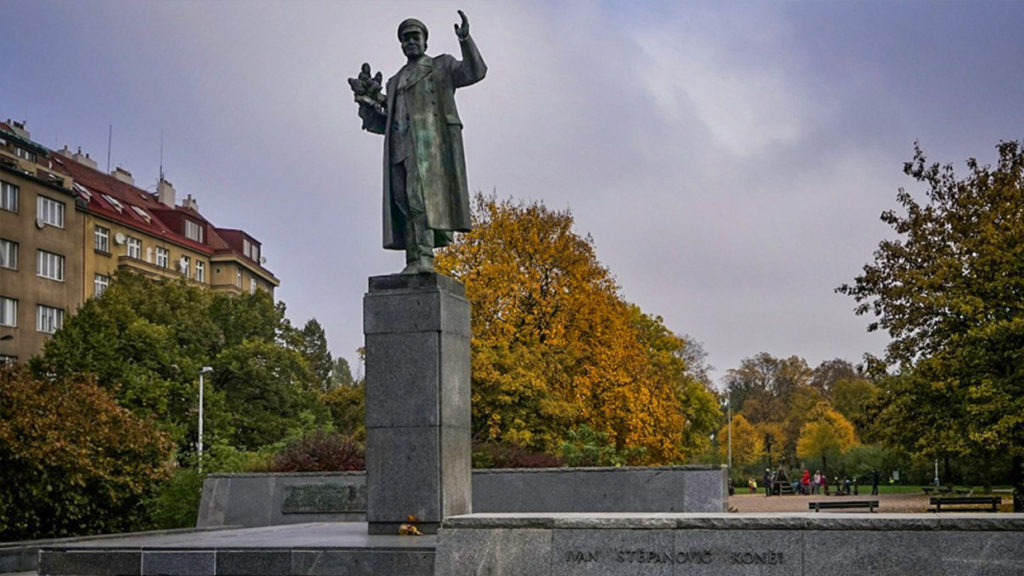
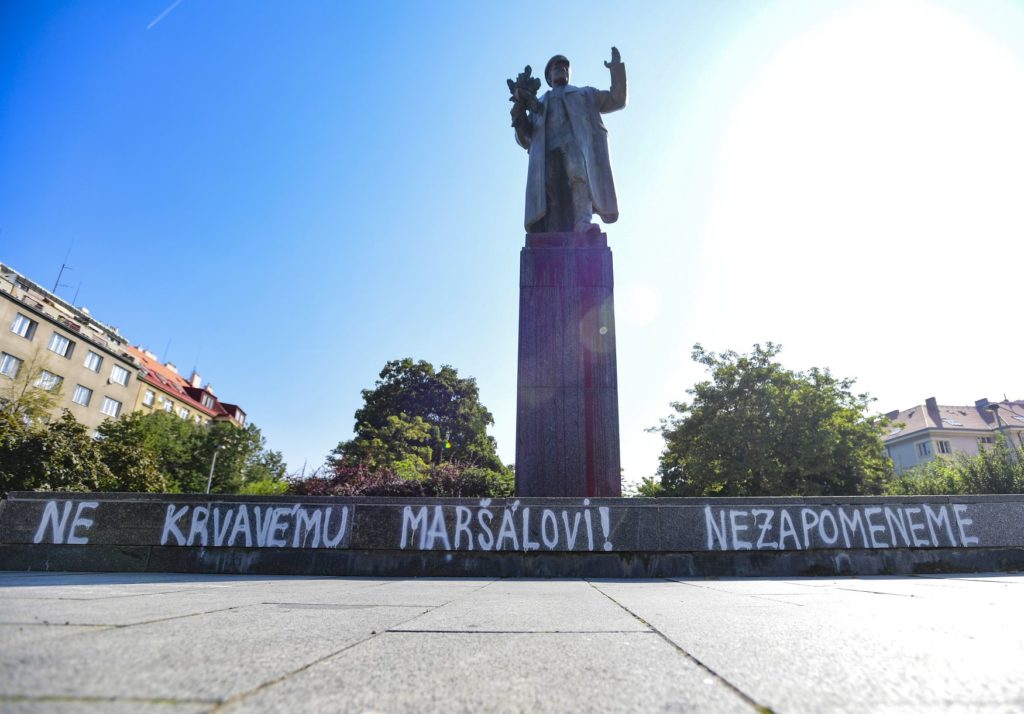
Prague Airport has opened the 14 room AeroRooms Hotel, designed for both connecting passengers and clients who need short-term accommodation near the terminals.
The new hotel replaces Rest&Fun Center, which offered eight rooms exclusively for passengers with connecting flights. At the same time, Prague Airport is gradually renovating airport lounges to double their capacities and increase passenger comfort.
“Through our new AeroRooms Hotel project, we are responding to the continuously growing number of passengers and changing composition of potential customers. Our hotel is primarily to expand the airport’s accommodation capacities, increase their quality, and make them available to greater numbers of passengers,” said Jiří Petržilka, executive director of the non-aviation business of Prague Airport.
Prague Airport has invested approximately 14 million CZK into AeroRooms hotel, primarily into extensive construction and technical modifications. Their purpose was not only to increase the hotel’s capacity and establish access from the airport’s public zone, but also to ensure strict safety standards associated with the hotel’s operation directly at the terminal of a large international airport.
Hotel rates start at CZK 1,999 (approx.77 EUR) per night per room. The hotel is open non-stop.
In addition to the newly opened AeroRooms hotel, Prague Airport is also expanding its premium lounge services. In October 2019, the airport will start the renovation of Erste Premier Lounge at Terminal 2, which will be completed in time for the next summer season. The Mastercard Lounge at Terminal 1 will then be expanded. The expansion work will boost the capacity of each lounge by almost 100%.
“Passengers’ demand for lounges experience has been growing over the years. As with other airport infrastructures, however, our lounges are reaching their maximum capacities. These modifications will enable us to increase their capacities with a reserve large enough for the next seven years, when our expanded Terminal 2 will be put into operation, offering new premises for our airport’s premium services,” said Petržilka.
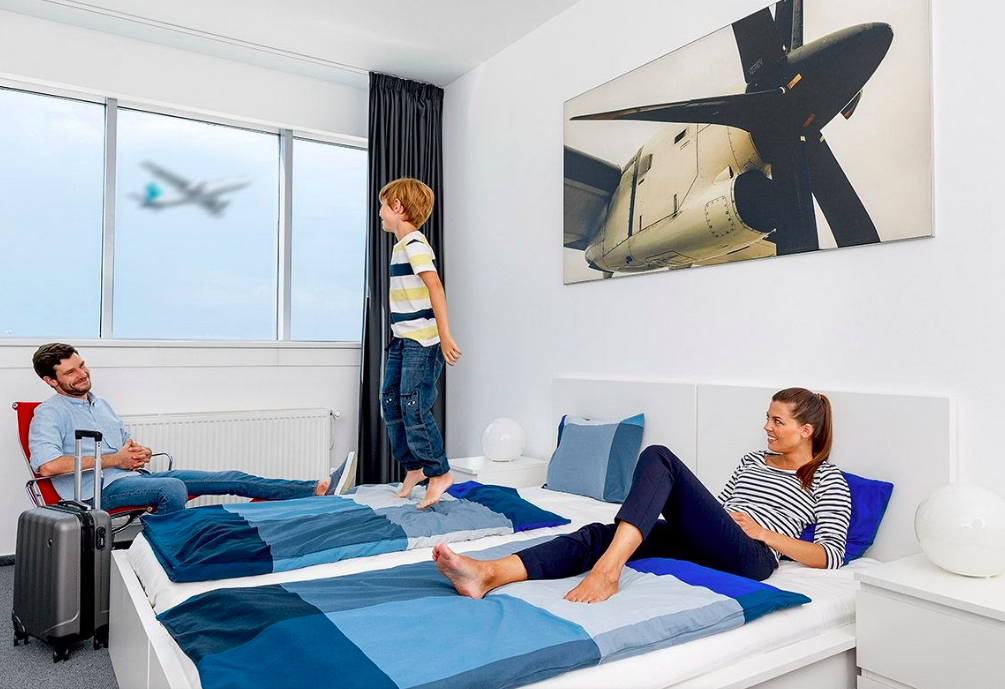
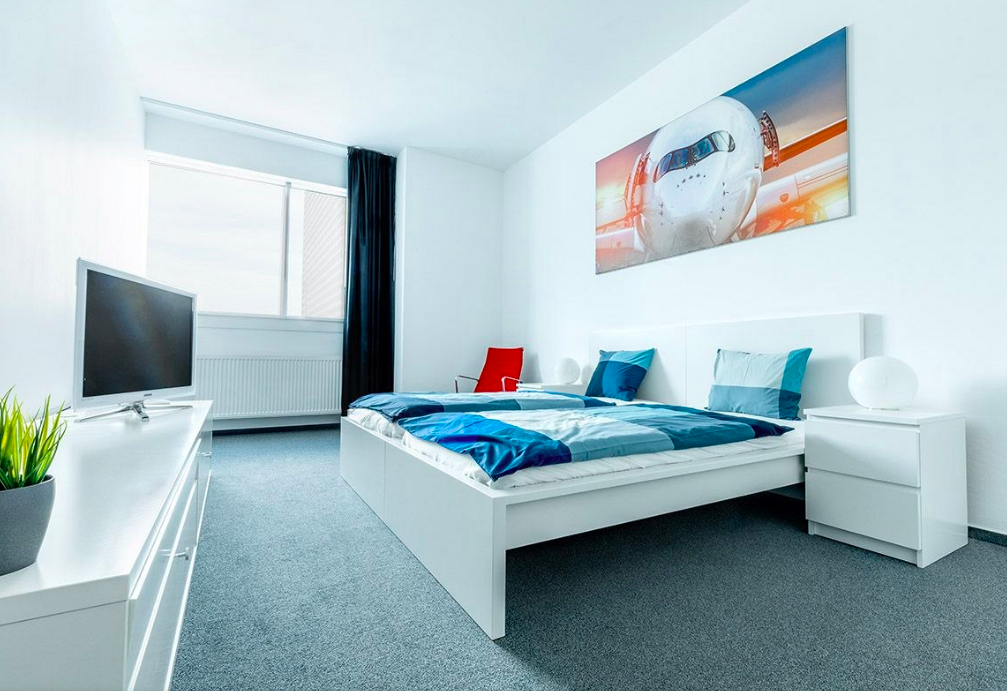
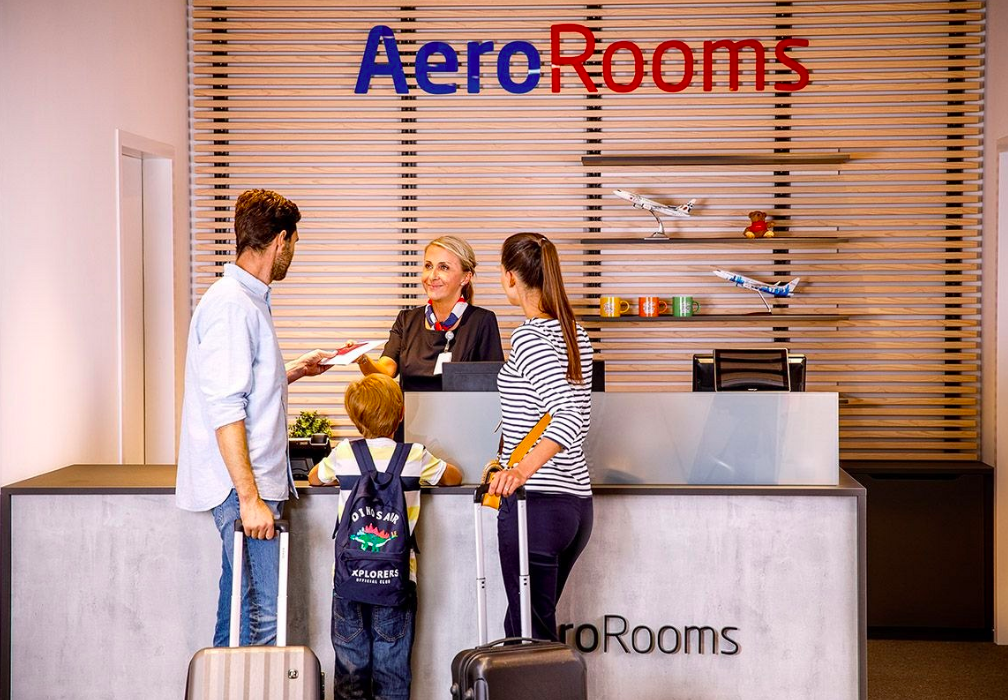
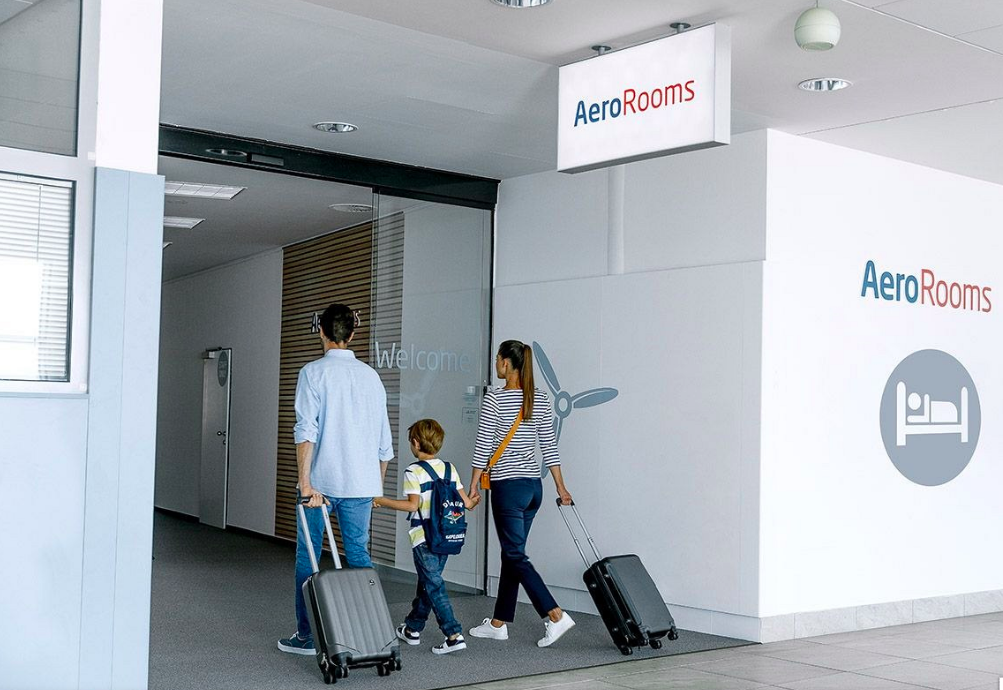
The exhibition in the Summer Palace and the surrounding garden is devoted to the year 1989.
Almost 70 Czech, Slovak, and several foreign photographers offer their authentic testimony about what happened before 30 years in the time when the countries of the so-called Socialist Bloc began to move towards democracy and freedom.
Visitors will see pictures of Jindřich Šreit, Viktor Kolář, Vladimír Birgus, Pavel Štecha, Herbert Slavík, Jan Šilpoch, Karol Kállay, Andrej Bán, Dana Kyndrová, Miroslav Zajíc, Jaroslav Kučera and others.
“It is a selection of truly unique moments that often do not need any further words or explanations,” a castle spokesperson commented. “They accurately reflect the unique atmosphere, enthusiasm, hope, determination, and desire for freedom. Outside and inside, there are screens showing the most important events.”
“We contacted dozens of photographers from all over the country and the preparation took exactly one year,” commented photographer Kučera, who came up with the idea of organising such a large exhibition.
“And it was necessary to do it now, on the 30th anniversary, while we still have the power to complete such a big project,” he added, referring to the fact that the exhibition was put together by those people that experienced the Velvet Revolution first hand.
According to the organisers, the aim of the exhibition is to get new generations closer to those dramatic events, more than history textbooks could ever do.
More details here.

© Jaroslav Kučera

© Jaroslav Kučera

© Jaroslav Kučera

© Jaroslav Kučera
Screenshot, opening in September 2019, is best described as a screening room, where you not only appreciate a smooth screening in one of the historical undergrounds of Prague, but also a space that offers you much more.
Located at Petrské Náměstí, Screenshot provides a cozy hangout to meet up friends or new people, a bar with signature cocktails and exhibition space.
All, to share film and togetherness.
Screenshot sees itself as a two-way street. It intends to familiarize you with aspects of Czech culture and cinema but also introduces Prague to Art from beyond its borders.
Our initial step towards this path begins with a screening program of 50 masterpieces of Czech cinema with English subtitles; This is an extraordinary program comprising films from 1930’s onwards, each with unique storytelling depicting different aspects of Czech culture.
Concurrently Screenshot is opening its doors by exhibiting controversial artwork of California based Iranian artist Forouzan Safari. This black and white digital artwork not only carries cinema as a theme but also touches upon hidden features of the life of an Iranian woman.
Screenshot’s founder Payam Razi who is based in Prague for the past 13 years, brings his background in both film making and music production to create a platform to share, appreciate and belong.
A mission which is certainly not achievable without close cooperation and support of well-established film distribution entities based in the Czech Republic and beyond.

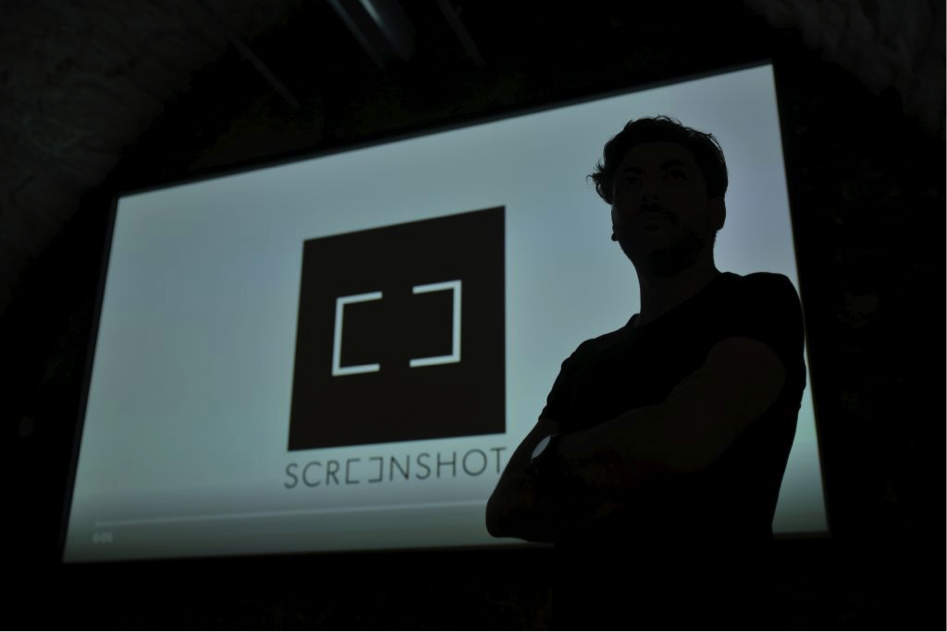


Prague prosecutors have decided to drop charges against Czech Prime Minister Andrej Babiš, who was charged with fraud with EU subsidies.
Prosecutors announced their decision on Friday after evaluating a police recommendation to charge Babiš. Their decision may be reversed by the Prosecutor General.
The case concerns a farm that received EU subsidies after its property was transferred from the Agrofert conglomerate, which belonged to Babis, to 250 companies owned by members of the Czech prime minister’s family.
Subsidies were intended for medium and small enterprises, and Agrofert would not have been entitled to them. Later, Agrofert again became the owner of the farm.
“The evidence gathering led to the conclusion that the Stork’s Nest Farm met the definition of a small and medium-sized business,” attorney Martin Erazim said in a statement.
The EU’s anti-fraud body OLAF had found multiple breaches of national and EU legislation in the project.
Babiš denies any allegations.
The first all-day conference about influencer marketing in the Czech Republic will take place on October 16 in the new Coworking Center HubHub at the ARA Palace in Prague.
It will provide answers not only to how to do effective influencer marketing, but will also open up other contemporary, and often controversial, topics related to this current trend.
“The intention of the conference is to provide business representatives and other visitors as much information as possible on how to do influencer marketing with measurable results, a good return on investment, avoid the damage of the brand name and benefit both the company and the influencer,” says organizer Jakub Stejskal from marketing agency Grapefruit Company
Visitors can look forward to performances by leading Czech influencer marketing agencies such as Getboost, Elite Bloggers, World of Online, The Hive, Fragile Agency, Wedigital or Subscribe.
Representatives of companies such as Footshop or Heureka will also offer their experience and an unconventional view of cooperation with influencers will be presented by the organizer of Miss České Republiky Alexandra Belinger and program director of Televize Óčko Alexandr Guha.
The program offers a wide range of topics, for example, sociologist and director of Behavio Jiří Boudal will reveal how consumers’ subconscious shopping decisions can be used to find the right influencers, Andrea Pavelcová from eLegal will analyze influencering from the perspective of law and there will be also presented data from Charles University research on the perception of advertising and ethics on social networks.
The invitation was accepted by influencers such as Adam Mišík, Gabriela Heclová, Markéta (Makyna) Poláková, Karel Šrámek a Albert Bately (Pims) or Lukáš (Lukefry) Fritscher. In addition to discussions and lectures, the conference will also provide the opportunity to participate in practical workshops. Under the guidance of World of Online experts, visitors will be able to create a campaign with influencers or find out how to build their own brand on social media platforms at Jitka Pšejová’s workshop.
Find out more here
Summer is drawing to a close, and long summer days by the river, trips to the beer garden, and long hikes in the country are all about to become a thing of the past in Prague.
However, there’s no need to despair. Autumn is one of the best times to be in Prague. During September and October, wine festivals explode into life throughout the country, giving you the chance to taste some extremely reasonably priced vintages in style.
One such event is the Troja Wine Festival, which takes place this year on 14 September, in the courtyard of the Troja Castle in Prague 7.
Prague’s Troja district is known for its vineyards and winemaking has a long tradition there. Since 1999 the City District Prague-Troja in cooperation with the Prague City Gallery has organized here the traditional celebrations of wine and young wine.
Winemakers will present their products. Furthermore, one can look forward to an afternoon degustation, informal seminars about wine in the castle cellars and an accompanying program – puppet theatre, dance and fencing, games, folk music and dancers and much more.
More information here
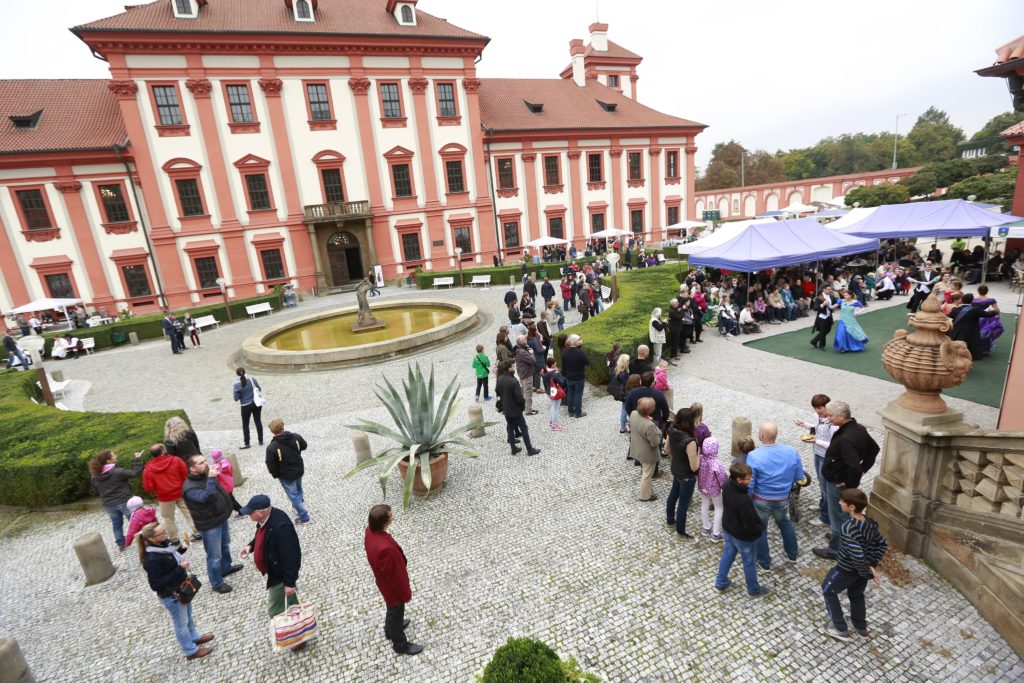
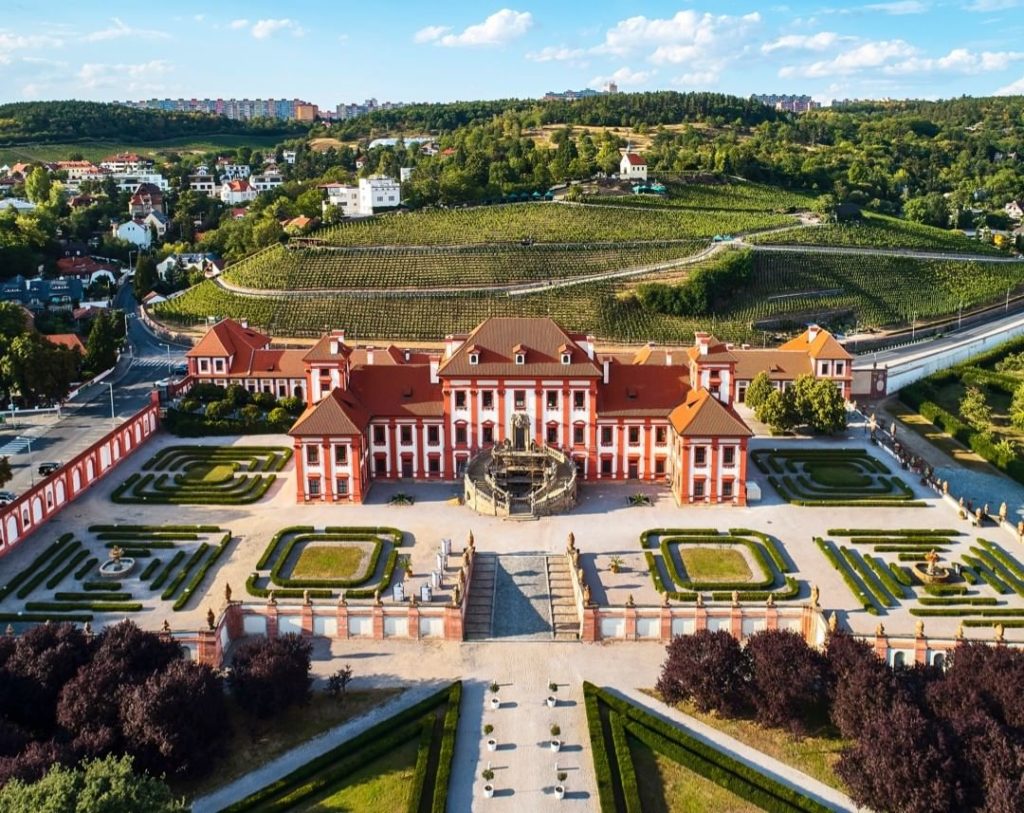
The Prague Public Transit Company (DPP) schedules first tests of an anti-collision system for trams this September. The tests will be performed on a tram of type 15T in Hostivař.
The anti-collision system should prevent accidents between trams, but also collisions with cars and especially pedestrians. The system has not yet been fully implemented in the city tram transport.
If the system is functional, further testing on selected trams in operation is expected. Testing will take approximately two weeks.
The system works on the principle of directional antennas and communicational transmission of short data messages between individual vehicles. According to the set critical parameters, this device then evaluates the degree of risk of tram collision and warns the driver. In case of older types of trams this warning can be ensured by an acoustic signal and in case of new trams, this anti-collision system can stop the tram without the driver’s intervention. The device for testing will be provided by Israeli company Mobileye.
15T ForCity trams have the most efficient braking force. For example, at a speed of 40 km per hour on a flat track, a tram not occupied by passengers can stop, using all braking systems, at a distance of approximately 18 meters.
The Prague tramway network is the largest such network in the Czech Republic, with 142.4 km of tracks and over 900 trams.
In the beginning, there was the Pražská čokoládová manufaktura, a franchise of the renowned Ukrainian pastry shop “Lvivska majsternja šokoladu”, a shop of chocolate candies and pralines in combination with a cafe.
However, it turned out that handmade chocolate is not such a desirable product in Prague, and so the original business was transformed into Gastrobar 1402. That was in 2017. The cafe now occupies only a third of the space. During the day, the establishment works as a restaurant serving both typical Czech and international cuisine, and in the evenings the entire space is transformed into a bar with live music.
Among the performers, there is the Filipino musician Bryan Gandola, but the microphone is also available to other artists and bands from around the world. Mainly rock is played here. Due to the location, the majority of customers are tourists and expats. The owner and almost all of his family involved in the development of the businesses are originally from Kyiv, except one of his sons that studies Quantum Physics in Germany.
Behind this project, there’s Pavel “Doctor” Gačkovskij. Pavel has been in the restaurant business for over twenty years and has been practicing medicine for the same time (with a few breaks).
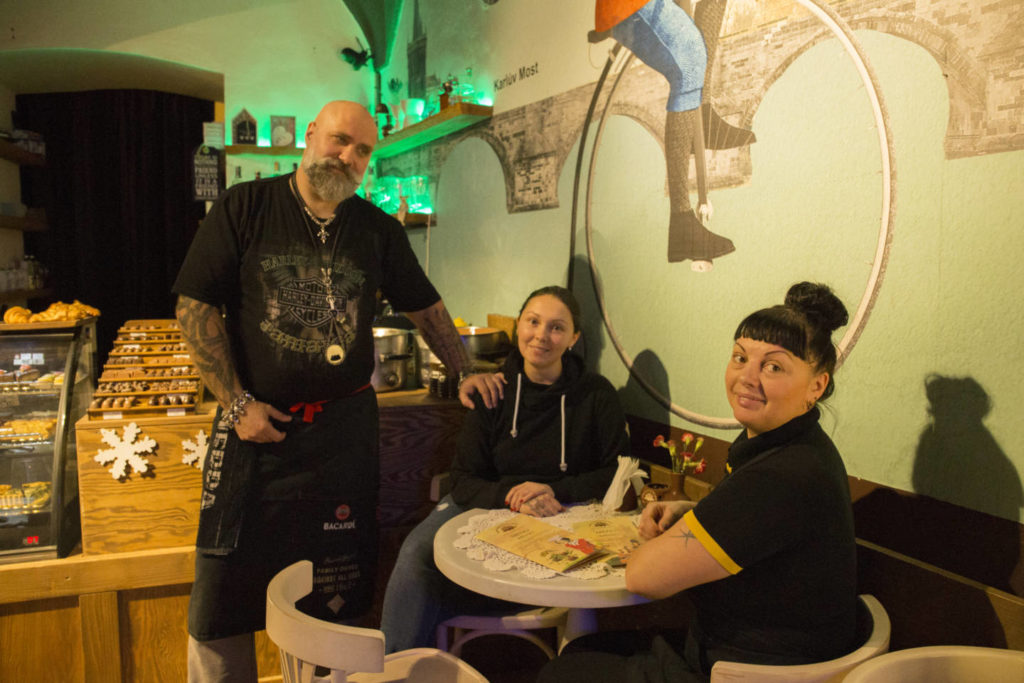
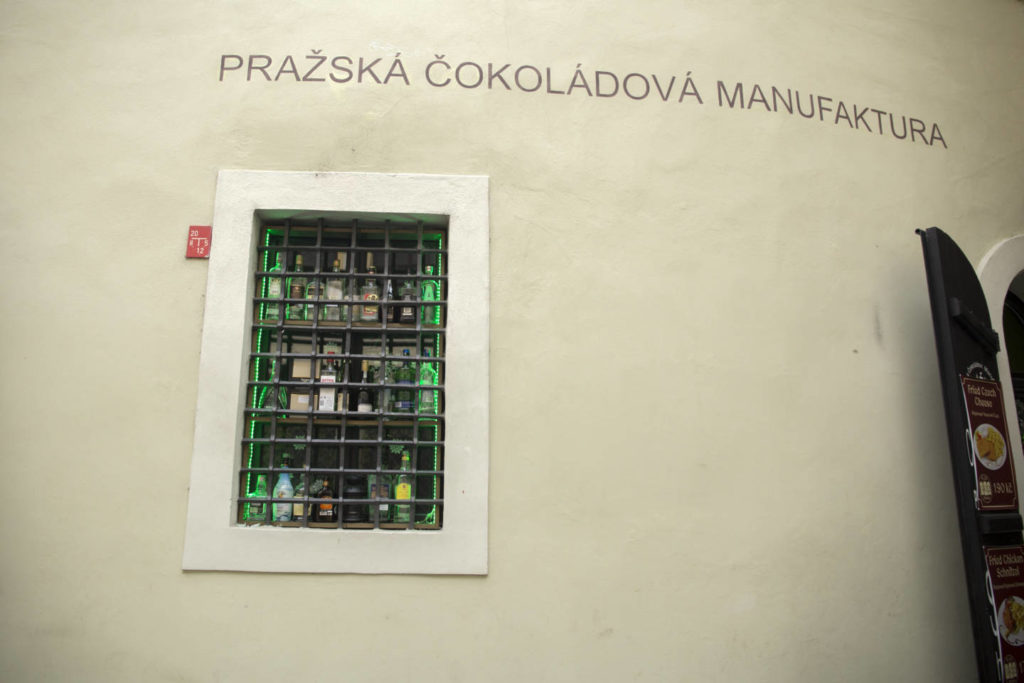
ICP: “Looks like you had a pretty good business in Ukraine, why did you decide to move to Prague?”
Pavel: “I started thinking about this since 2008 when the economic crisis happened. In 2012 it became clear to me where the whole country was going, many businesses were closing, etc. We decided on 2015 to move our renowned Route 66 bar to Italy but was quite harder to work there. We’ve been in Prague for a year and a half where my business partner has offered me this space.”
ICP: “There is a relatively large community of Ukrainians in Italy. Were you somehow active in it?”
Pavel: “Yes, there are about 2 million Ukrainians in Italy. It’s our biggest diaspora, more than in Canada or the US. When I moved there, I wanted to become an Italian as soon as possible. After a while, I realized that it would not work anyway, and I decided that I would rather be a better Ukrainian living in Italy. So I started to do something for my compatriots, and I worked closely with the Ukrainian Consulate. Thanks to this cooperation, our stand appeared at the biggest Italian fair Antica Fiera del Soco.
Here in the Czech Republic, I would like to continue with this work. We can organize music evenings, provide catering, we have a stand. We can show what Ukraine is, what Ukrainian music is. I’m open to cooperation. It doesn’t mean that I want to capitalize on it, I just want to do something for my compatriots.”
ICP: “In the Czech Republic, Ukrainians are the largest community. How do you perceive the Czechs’ relationship with the Ukrainians?”
Pavel: “Czechs are very tolerant, even if they do not like Ukrainians for something, they will never tell them. Even though I feel that right-wing views are increasingly coming up lately, maybe this will change over time. I would say that the relationship with the Ukrainians is twofold. On one hand, Czechs respect Ukrainians because they are hardworking. They work in the least lucrative and poorly paid jobs. But on the other hand, they do not like it, because such work is for Czechs below his level. At the same time, Czechs say that Ukrainians are better than Syrians or Moroccans or other migrants. I have never had a problem with being from Ukraine. “
ICP: “What would you advise your compatriots? How should they integrate?”
Pavel: “Here I have a clear position. If a person lives in the Czech Republic, you have to know the language, history, laws, and culture. But if this country accepts you, that is different”.
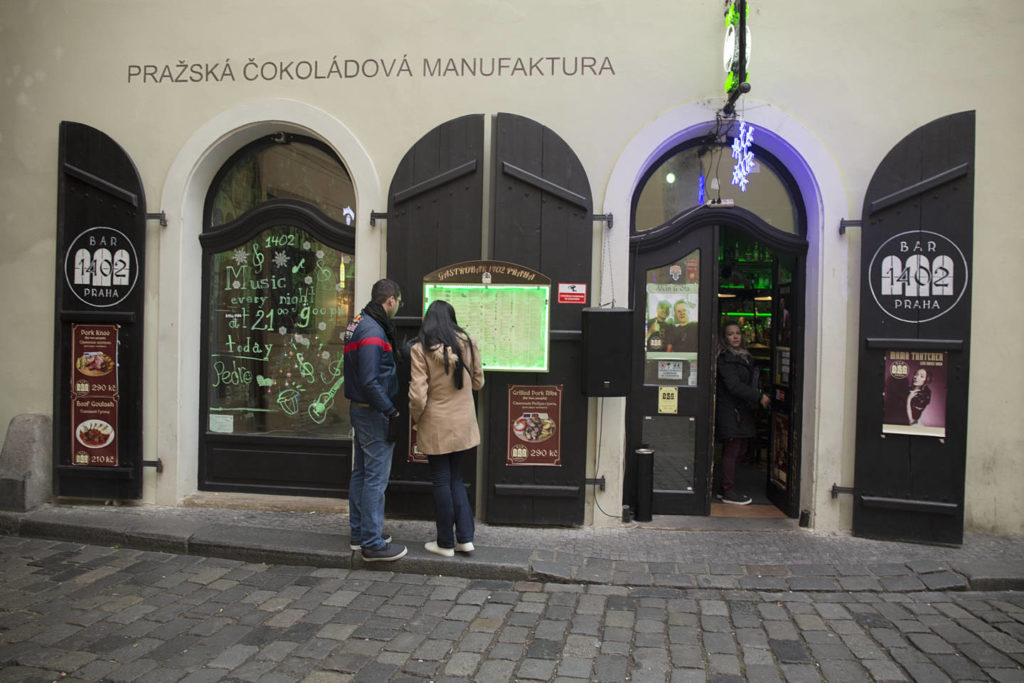

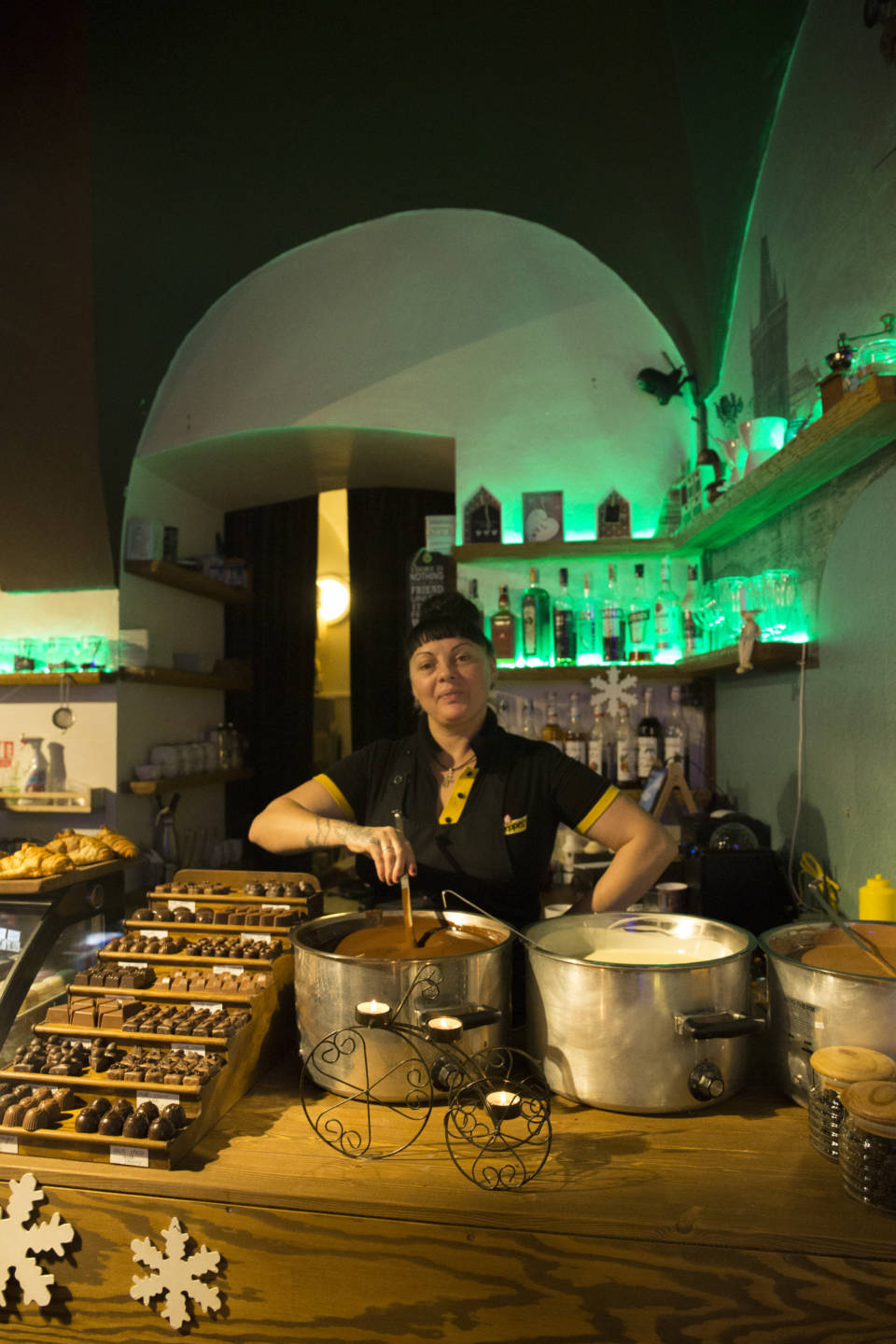
In the latest in a string of moves reportedly aimed at embarrassing the Taiwan-friendly mayor of Prague, China announced that it had canceled a scheduled performance by a musical trio from Prague.
Ivan Klansky, a classical pianist and a member of the Guarneri Trio Prague, said he already had a feeling that the group would encounter the same problem as the Prague Philharmonia, which also faced cancellation of their performance in China this month.
According to Czech media reports in April, such actions by China are aimed at humiliating Prague Mayor Zdenek Hrib, who visited Taiwan in March and has been a vocal critic of China’s human rights record.
Hrib, who took office last November, said a few months later that in a twin-sister agreement between Prague and Beijing, he wanted to remove the clause that stated “Taiwan is a part of China” because of concerns that it would be unfair to Taiwan.
During his visit to Taiwan in March, Hrib praised Taipei’s metro system and said he hoped to cooperate with Taipei in the area of building smart cities.
Subsequently, news surfaced in August that China canceled a scheduled performance by the Prazak Quartet and another by the Prague Radio Symphony Orchestra.
After the Guarneri Trio Prague’s performance was also canceled, Klansky said in an interview on Czech Television that he thought it was because the word “Prague” was part of the group’s name.
To the best of his knowledge, Klansky said, there has never been a cancellation of a cultural activity based on the name of a city.
